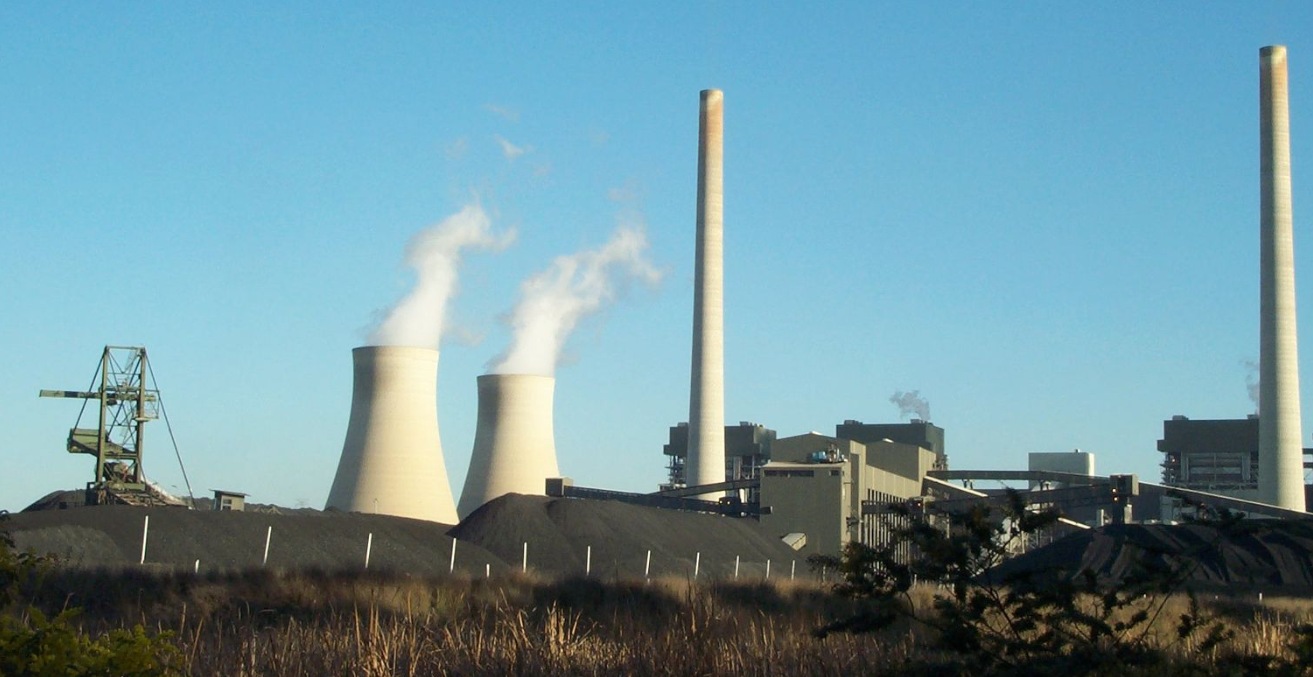Using National Security to Reframe Australia’s Coal Debate

Environmental arguments against coal don’t work. It’s time to mobilise a new national interest against Australia’s harmful addiction – the national security interest.
After decades of advocacy and protest, Australia remains effectively full steam ahead on coal. The approach rejects scientific consensus on the commodity’s disastrous environmental impacts, as well as the strategic vulnerabilities that the resource fuels. This demonstrates that environmental arguments lack the required potency to resonate with voters and, importantly, leaves a question mark over what Australians can do to effect meaningful policy change.
Environmental arguments have failed because there remain incentives to be either ignorant of or flagrantly indifferent to coal’s harms. Governments often assign cheap and reliable power as foundational to their energy policy. And because of the “when the sun doesn’t shine and the wind doesn’t blow” philosophy, coal-fired power is regularly the implicit fuel source in this equation, disqualifying harmful environmental consequences.
Many also reference Australia’s mining boom to argue that coal energises economic growth. It’s claimed that mining was the sole force that enabled Australia to weather the Global Financial Crisis, despite many other prudent fiscal measures being enacted by the key financial institutions which kept the economy afloat.
Moreover, coal is a classic out-of-sight-out-of-mind problem, which limits the effectiveness of environmental arguments. The 2019-2020 bushfire season certainly provides a sound counterweight to this logic. However, the outbreak of COVID-19 has driven climate change, the bushfires, and coal from the Australian consciousness.
Still doubt that environmental arguments lack sufficient weight? The government remains interested in expanding coal’s position in the Australian economy. Both the approval of the Adani mine and the decision to use $4 million of public funds to conduct a feasibility study into a new coal-fired power station in Collinsville, Queensland proves this case in point. And with China investing over $50 billion and increasing global coal-fired power generation by over 100 gigawatts (double the aggregate capacity of the EU and UK), it has become a “lender of last resort,” ensuring coal’s short-term survival.
So, what can be done to shift Australian attitudes? The debate should be immediately reframed from environmentalism to a national security basis. Arguments that are framed as a threat are considerably more potent and effective. Evidence exists that these types of arguments elicit a more substantial emotive response, create more visceral reactions, and are better remembered. Australian perceptions of China offer an instructive example.
The Lowy Poll illustrates how these perceptions have changed. In 2017, 54% of Australians trusted China to act responsibly, but in 2019, the number dropped to just 32%. Why? Between those two polls, then-Prime Minister Malcolm Turnbull legislated wide-sweeping foreign interference laws that implicitly targeted China and further evidence emerged regarding the mistreatment of Uyghur Muslims. Since then, sensational revelations have appeared about extensive Chinese espionage operations within Australian borders. Each of these events has bolstered national security arguments about Australian links with China and mobilised public opinion away from Australia’s most important trading partner.
But how does this frame help the arguments to remove coal? To apply this to coal would mean leveraging the four major strategic vulnerabilities that the commodity presents in the Australian economy. Principally, the starting point is that hedging bets on coal would be as delusional as boarding the Titanic after the string ensemble began playing “Nearer, My God, to Thee.” Coal is tipped to reach peak demand by 2035, but as new tipping points in renewable energy usage and investment feasibility move ever closer, a failure to relinquish its current coal portfolio before the world’s markets close turns Australia’s current strategic vulnerability into an economic calamity.
Additionally, doubling down on coal further increases Australia’s dependence on the Chinese market. Already, Peter Hartcher and other scholars have illustrated the deft measures China can deploy on restricting Australian coal. Further development of this industry only opens the door for more potent economic influence attempts.
Moreover, the mere existence of coal in the Australian economy harms Australia’s diplomatic interests. It comes at incalculable cost to developing meaningful relationships with Pacific countries as rising sea levels disproportionately affect the region. And continued denial of climate change damages Australia’s international credibility.
Finally, Australia sits poised to capitalise on a new “low-carbon opportunity.” Ross Garnaut’s Superpower provides a pathway for this reorientation by articulating the economic, strategic, and environmental incentives for transitioning to a low-carbon economy. With sound policies to encourage investment in renewable energy sources and maximise Australian scientific skills, this target can become a reality.
These four arguments could be mobilised more effectively to persuade Australia’s voters and decision-makers to move away from coal. But it can’t just be academics and strategists to engage this tone; environmental and broader public advocacy groups must shift their rhetoric too. To become serious about securing our national interest, framing the debate around national security is critical.
Tom Smethurst is an intern at the AIIA National Office. He is currently studying a Double Bachelor of International Relations and Politics, Philosophy, and Economics at the Australian National University.
This article is published under a Creative Commons Licence and may be republished with attribution.





